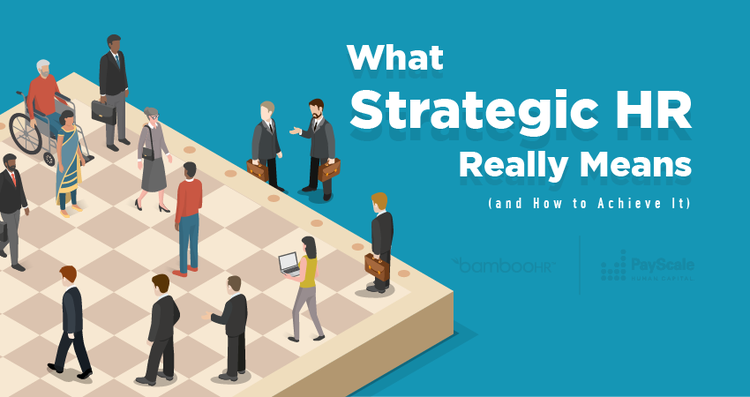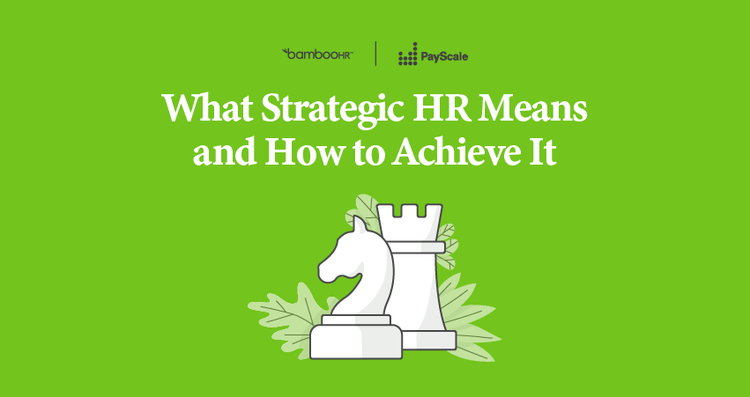Equity vs Equality
What Is Equity?
Equity is a fair and impartial pathway for removing the effects of historic or current inequalities in disadvantaged people’s lives, recognizing that each person or group doesn’t start at the same place. It requires understanding each person or group's unique circumstances and meeting them where they are to provide the needed opportunities and resources to create equal outcomes for everyone. Each person might receive different resources, but the outcome is the same for each person and helps them grow and improve.
What Is Equality?
Equality means being equal, especially in status, rights, and opportunities. It means every person or group is given the same opportunities and resources, regardless of their circumstances. Although each person doesn’t start at the same place, equality gives everyone the same resources and support.
But not every person or group needs the same resources to thrive. While equality efforts are often well-intentioned, they can actually increase differences and injustices between people and groups.
What Is the Difference Between Equity and Equality?
Equity realizes the unique circumstances of every person and gives them different resources so they can thrive. But equality provides every person with the same resources, regardless of their situation. When equality measures use the needs of privileged people as the standard of support, this can leave disadvantaged populations without sufficient resources to overcome their disadvantages. Equity examines data to understand disadvantages faced by various people and groups and gives them each the appropriate resources to reach a positive and equal outcome.
One of the best illustrations of equity versus equality is a cartoon drawing of two children picking apples from a tree. This cartoon depicts equality, as both children are given the same size ladders. However, the tree leans slightly to the left, making it much easier for the child on the left to pick apples. By contrast, the child on the right can’t reach the apples, despite having the same size ladder. Equity would be giving the children different-sized ladders, so they both can reach the apples.
HR software with heart.
BambooHR® lets you focus on people, not processes.
What Are Examples of Equity?
Examples of equity can be seen in numerous social, legal, and educational situations.
A community notices a disparity in students’ ability to do their homework because they don’t have the proper tools. By looking at the data, local groups provide Wi-Fi hotspots and laptops to students who don’t have access to technology but not to students who already have computer access. Each student receives the tools they need for their unique situation to help all students reach the goal of having reliable technology to do their homework.
In another example, community leaders use translators at meetings to ensure everyone can understand and participate, regardless of the language they speak or their understanding of English. Each group may receive a different number of translators depending on their size and English comprehension, but the consistent outcome is that every person can understand the meeting. In contrast, the equality approach would be to hold the meeting in English for everyone, even if many people in attendance don’t speak English. The outcome would be that some people can understand the meeting and participate more easily than others.
Why Is Equity Important in Society?
Society is imbalanced, with some groups having more resources and benefits than others. Equity acknowledges that imbalance and aims to make adjustments. Equity helps provide opportunities and resources to people and groups who don’t have the same privilege and circumstances as other groups. Conversely, equality efforts that may be well-intentioned can increase the discrepancy between groups by not understanding each group’s different starting spots.
Historically marginalized groups fight for equity, not equality. Equity understands and addresses their unique challenges instead of providing blanket support that only increases the differences between marginalized groups. Promoting equity can reduce poverty, improve health access, and overcome disparities for marginalized groups. Efforts to increase equity have been linked to boosting economic growth, alleviating poverty, and providing more opportunities for growth and development to underrepresented groups.

Join a panel of experts from PayScale and BambooHR as they dive into what it means to be strategic in HR and how to achieve it in your own organization.

As an HR professional today, you have more opportunities than ever before to work as a strategic partner in your organization. In this ebook, learn from HR leaders on what it means to be strategic in HR and how to achieve it in your organization.